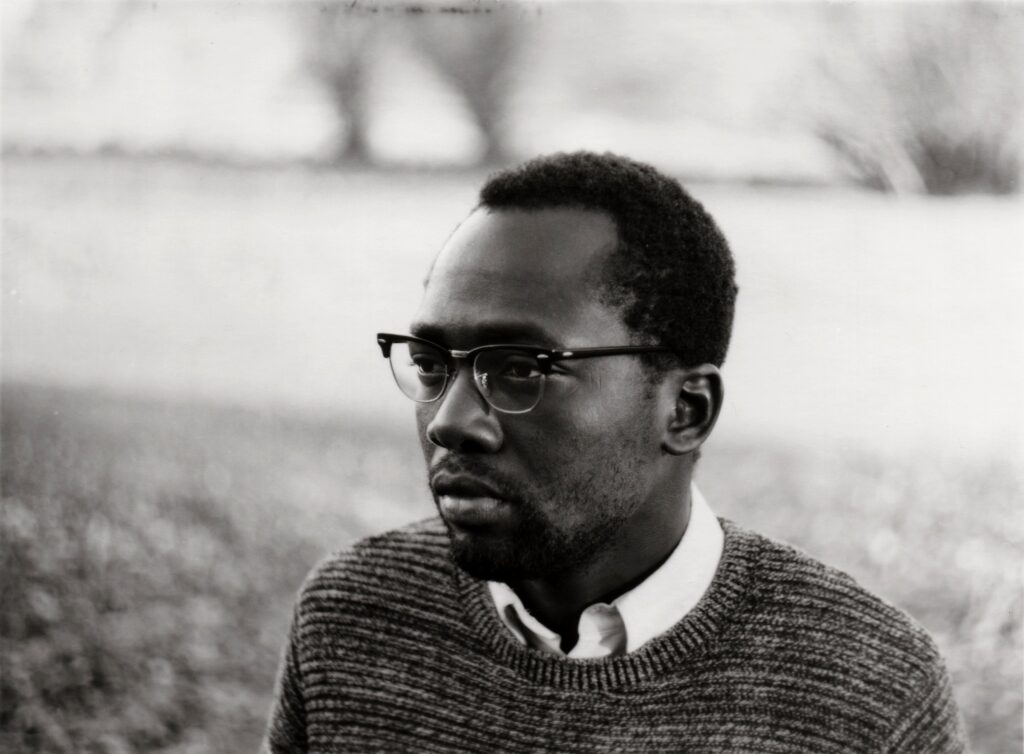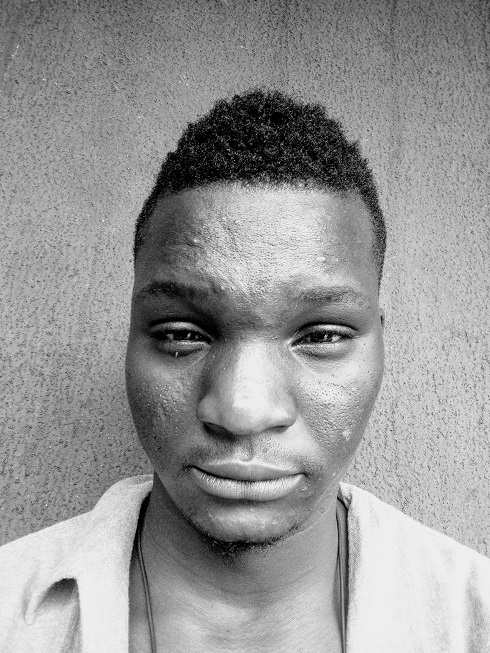Timothy Ogene’s second novel, Seesaw, is a satire about stereotypical representations of foreign cultures in the American literary landscape.
Its protagonist is Frank Jasper, a writer whose first novel was badly edited and had weak sales. His austere life in Port Jumbo is transformed when a white woman and wife of an American professor nominates him to attend a prestigious fellowship in the U.S.
Jasper’s frequent rebellion against performing his foreign culture leads to his expulsion from the fellowship, and he begins another journey of reflection and return to Nigeria.
Seesaw is among a handful of novels released this year by Swift Press, an independent U.K. publisher which launched in June 2020. The press describes it as “an energetic comedy of cultural dislocation—and in its humour, intelligence and piety-pricking, it is a refreshing and hugely enjoyable act of literary rebellion.”

The Nigerian novelist Ukamaka Olisakwe praised Ogene’s writing for its “sentient quality” and “sharp themes softened with humor.” Ogene, she writes, “lets you see that Jasper is not perfect; he is not a victim in this story.”
Amit Chaudhuri, in a blurb, called the novel “A very funny, intelligent, deliberately and engagingly resistant, and moving piece of writing.”
Timothy Ogene was born and raised in Port Harcourt, Nigeria. He teaches African literary and cultural studies at Harvard. His first book, Descent & Some Other Poems (2016), was a finalist for the Glenna Luschei Prize for African Poetry and was listed among Literary Hub’s “2017 Favourites” and Australian Book Review’s Books of the Year. His debut novel, 2017’s The Day Ends Like Any Day, was published by Holland House Books and won the African Literature Association (ALA) Book of the Year in Creative Writing.


